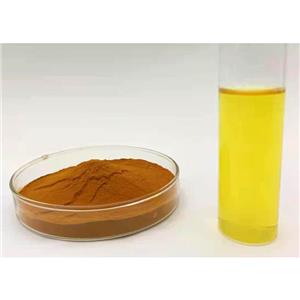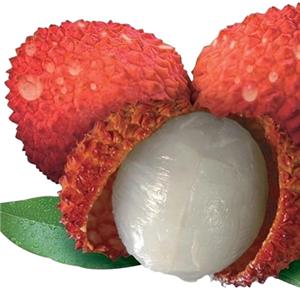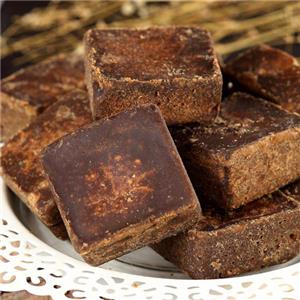May Aspartame cause cancer? The latest reversal is coming!
May Aspartame cause cancer? The latest reversal is coming!
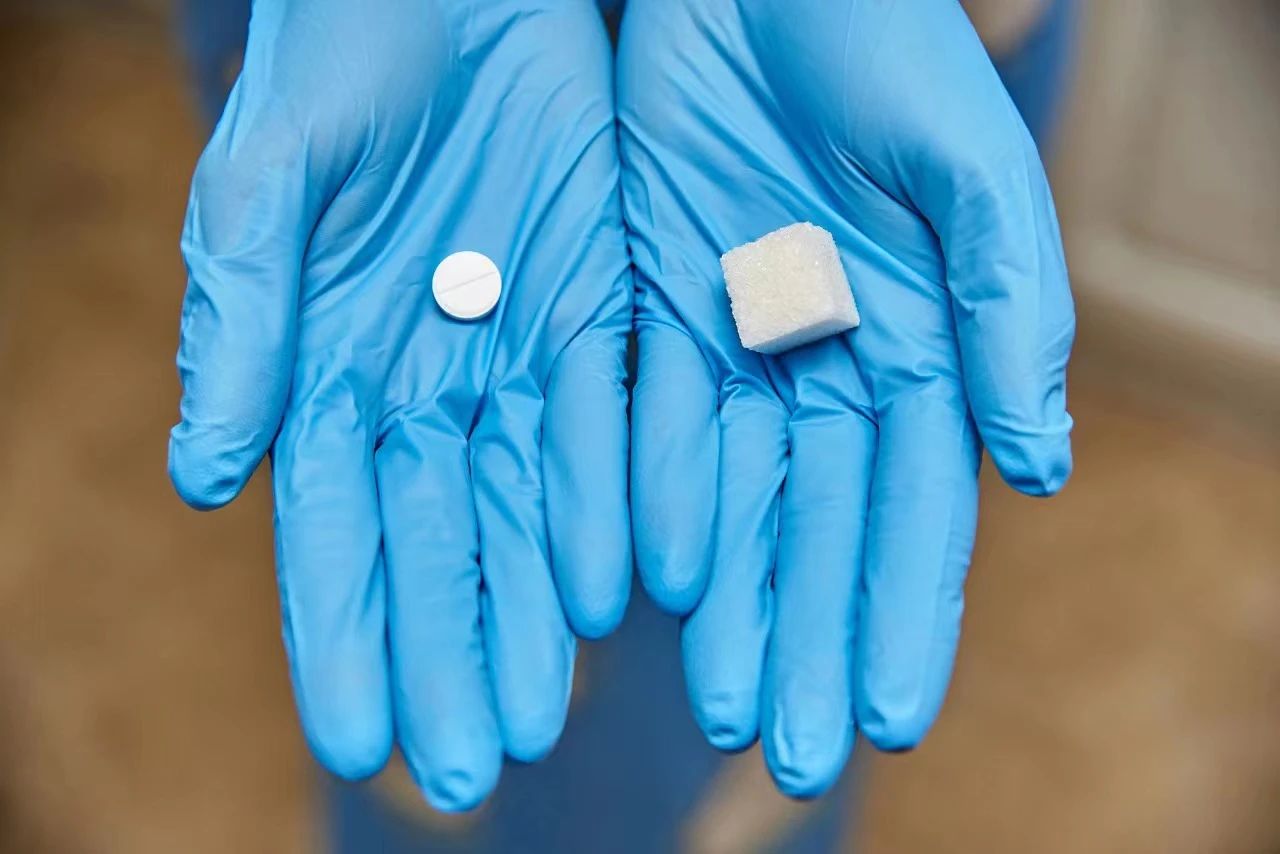
On June 29, 2023, the news, "Aspartame may cause cancer" quickly spread and caused a lot of hot discussion. World Health Organization (WHO) will announce in mid-July that the synthetic sweetener aspartame may pose a cancer risk.
Aspartame, one of the representatives of synthetic sweeteners, has been widely used in many drinks, snacks, and other fields. After the news was broke, two domestic companies immediately responded: Genki Forest said that the company's entire line of products does not contain aspartame; NAIXUE said that in November 2022, NAIXUE announced the use of upgraded natural sweetener "Luo Han Guo Extract" for all products.
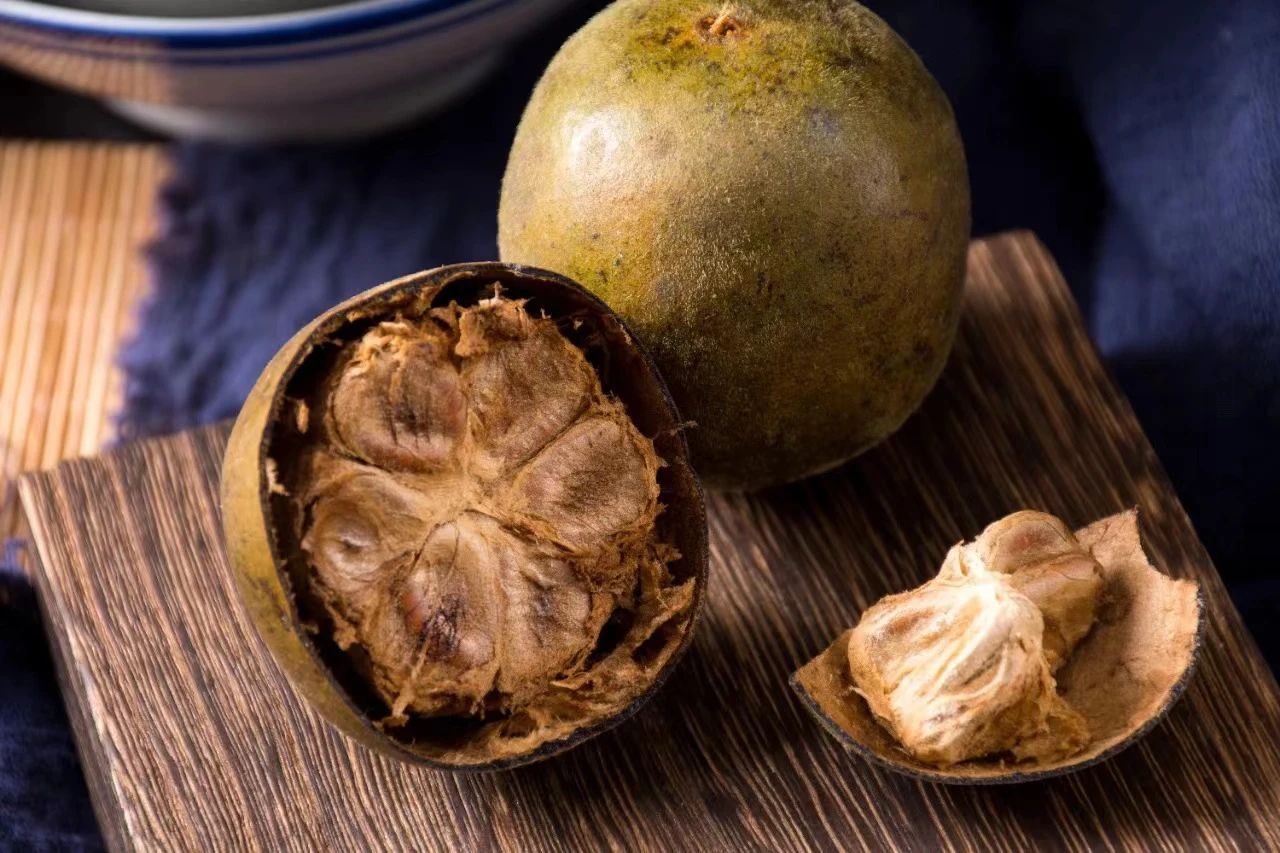
On July 14, World Health Organization, International Agency for Research on Cancer (IARC), and Food and Agriculture Organization (FAO), Joint Expert Committee on Food Additives (JECFA) officially released an assessment report on the health effects of aspartame.
Do you understand Aspartame?
What’s Aspartame?
Aspartame is a synthetic sweetener with the chemical formula C14H18N2O5. It is composed of phenylalanine aspartate acid and methyl ester. After being eaten, methyl esters decompose into methanol, which can be converted into formaldehyde. It entered the market in 1981 as a low-calorie sweetener.
Aspartame is a sweetener that is high in sweetness, not easy to dissolve, does not cause dental caries, and can be eaten by people with diabetes. It is low in calories and high in sweetness, so it is soon used in beverages, pharmaceutical products, and sugar-free chewing gum, mainly to replace sucrose.
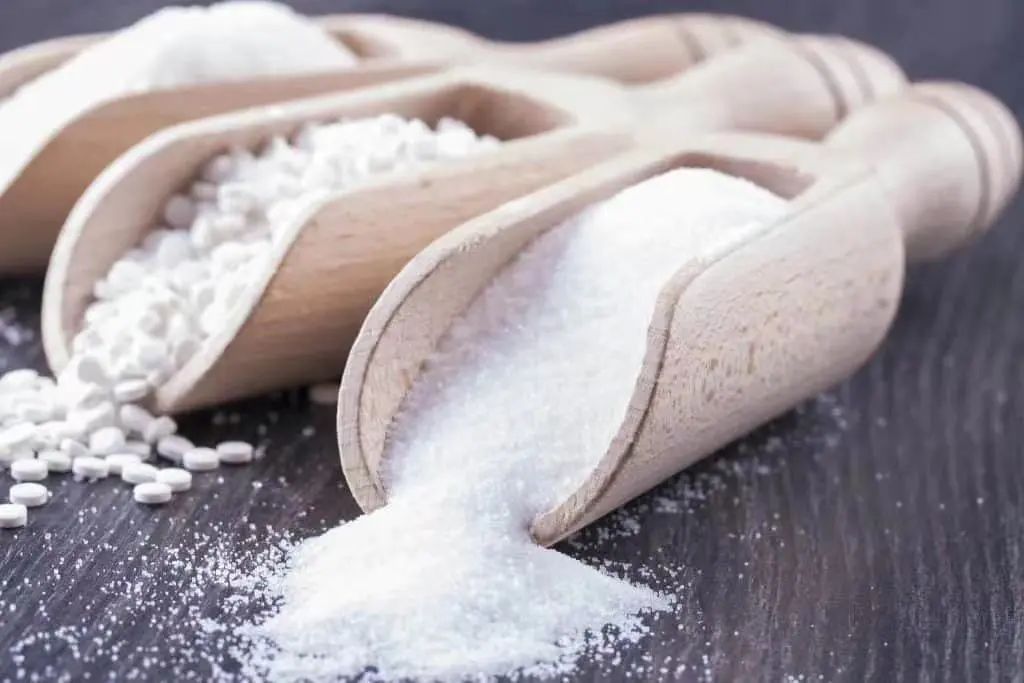
Application status of Aspartame
Aspartame can be used in more than 90 countries and regions including China, America, England, Japan, and Korea. It has been applied in more than 6,000 products. Including cola and many other beverages; Sugar-free jellies, sugar-free chewing gum, sugar-free hard candies, and other products with low or no sugar, such as ketchup, condiments, children's medications, and vitamins.
Chinese national standard for food additives GB2760-2014 stipulates the application range and dosage of Aspartame. According to this standard, Aspartame can be used in a total of 66 food categories in China, such as gum-based candies, preserves, desserts, yogurt, beverages, frozen drinks, bread, canned fruits, puffed foods, pickled vegetables, and even vinegar.
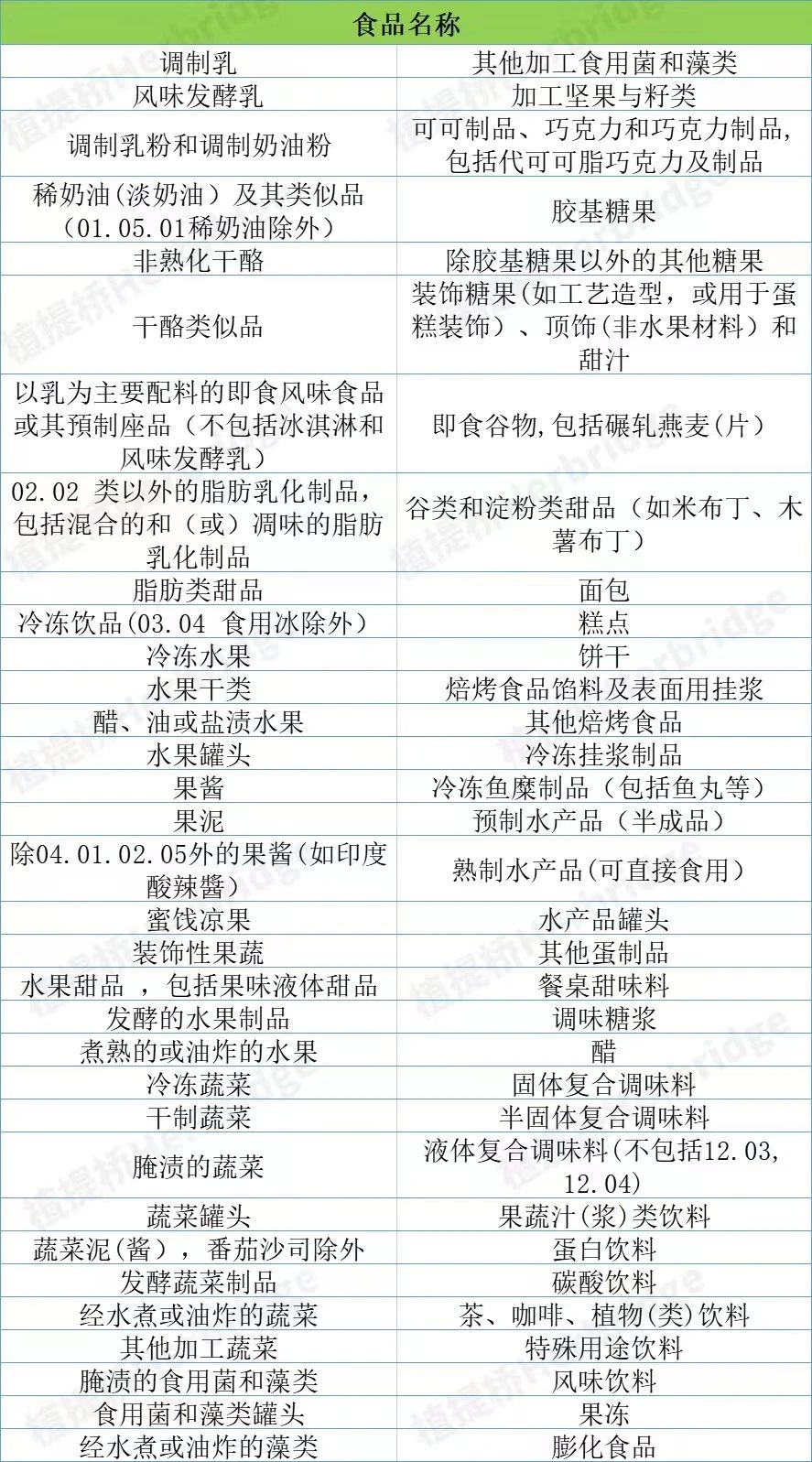
02 The event of Aspartame may cause cancer, ushering in a new turning point
On July 14, FAO / JECFA published the conclusion that the risk assessment of Aspartame is maintained and does not pose a health hazard to consumers at current doses and range.
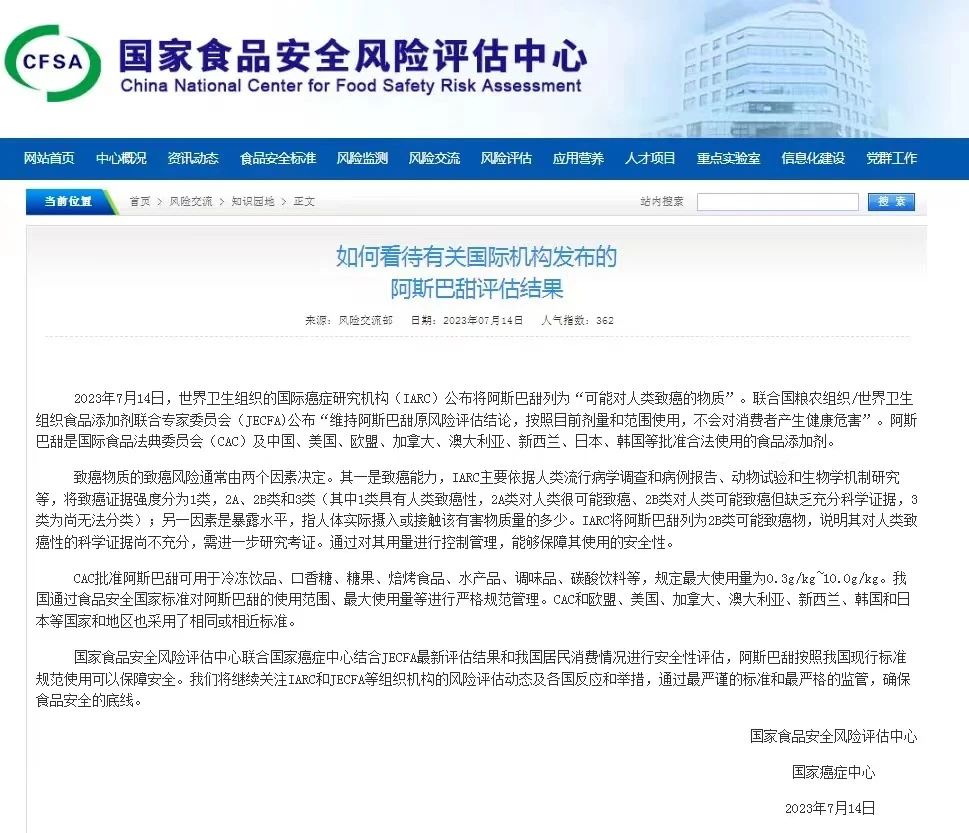
Because there is "limited evidence" of aspartame's carcinogenicity in humans, the IARC included aspartame in Group 2B, which is "probably carcinogenic to humans." This group refers to a small probability of carcinogenesis in humans, limited evidence of association with human cancer, and insufficient levels of evidence in animal studies. Other foods included in this category include kimchi.
How is cancer risk assessed?
The risk of carcinogenic substances is usually determined by two factors.
The first is a carcinogenic ability, IARC is mainly based on human epidemiological investigation and case reports, animal tests and biological mechanism research, etc., and the strength of carcinogenic evidence is divided into 1, 2A, 2B, and 3 categories (of which 1 is carcinogenic to humans, 2A is likely to be carcinogenic to humans, 2B is likely to be carcinogenic to humans but lacks sufficient scientific evidence, and 3 categories cannot be classified);
Another factor is the level of exposure, which refers to how much of the harmful substance the body ingests or comes into contact with. IARC classifies aspartame as a Group 2B possible carcinogen, indicating that the scientific evidence of its carcinogenicity in humans is not sufficient, and further research is needed. The safety of its use can be guaranteed by controlling and managing its dosage.
Putting aside the dose and talking about toxicity, it’s wrong.
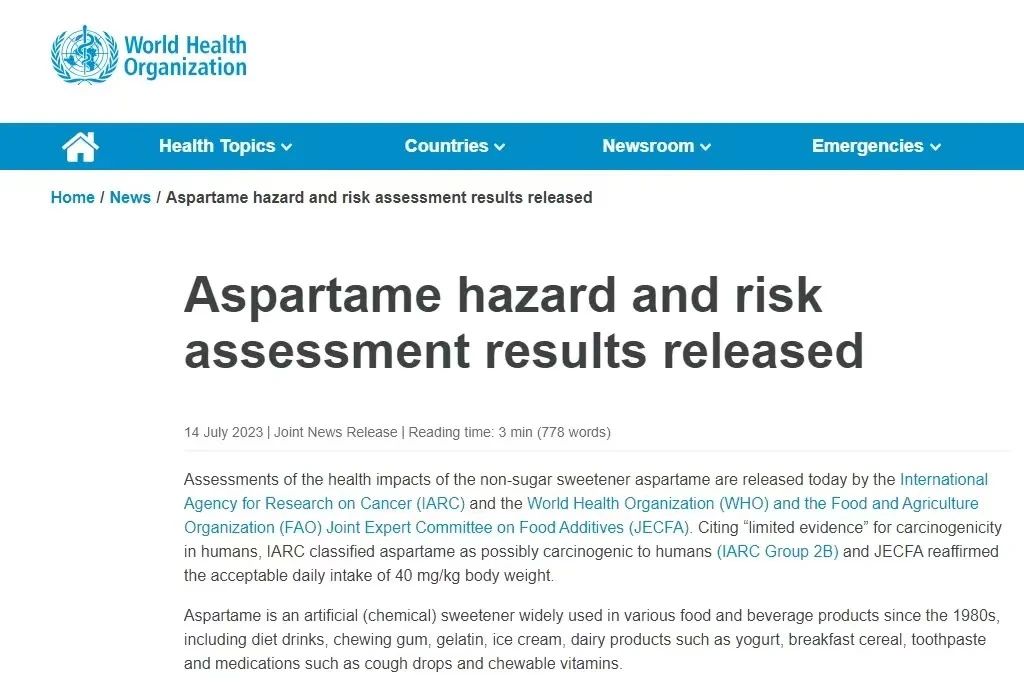
JECFA has indicated that the original recommendation of an allowable daily intake of 0-40 mg/kg body weight will be maintained. For example, assume that no other aspects of food intake, weighing 70 kilograms of adults drink more than 9-14 cans containing 200 or 300 mg of aspartame soft drinks every day will be more than the daily allowed intake. WHO also said it would continue to monitor aspartame's effects on human health.
03 See the essence through the event of aspartame
The public is so concerned about the aspartame incident because food health and safety are closely related to everyone. In recent years, as consumers and the food and beverage industry improve the degree of attention to health, the consumer is willing to understand the relevant knowledge of the food industry, to become more professional, but food brands have also been innovative, introducing more can meet the demand of consumers and health products.
Artificial sugar substitutes vs. natural sugar substitutes
It is now known that aspartame is an artificial sugar substitute, although the appropriate intake will not be harmful to the human body, in the case of choice, erythritol, xylitol, and other natural sugar substitute is a better choice for modern people.
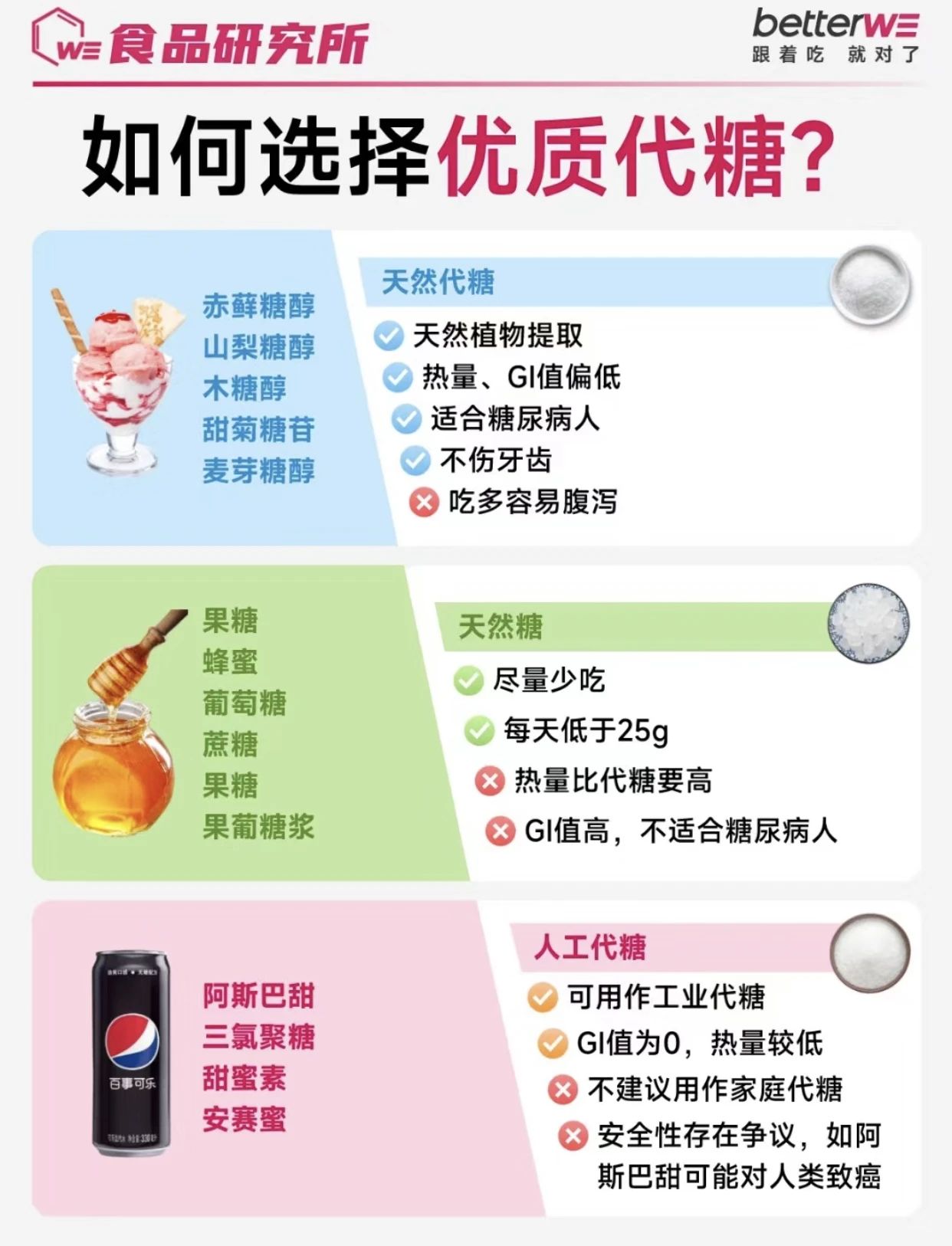
Artificial colors vs. natural colors
In addition to sweetness, it is suggested that food and beverage manufacturers should also try their best to choose natural colors or rich-colored foods in terms of coloring because the drawbacks of artificial colors are difficult to eliminate in a short time, it is better to act now to replace artificial colors with healthier natural colors or rich colored foods, which can reassure consumers and enhance their trust in the brand, so that taste and health can be combined.

-THE END-


